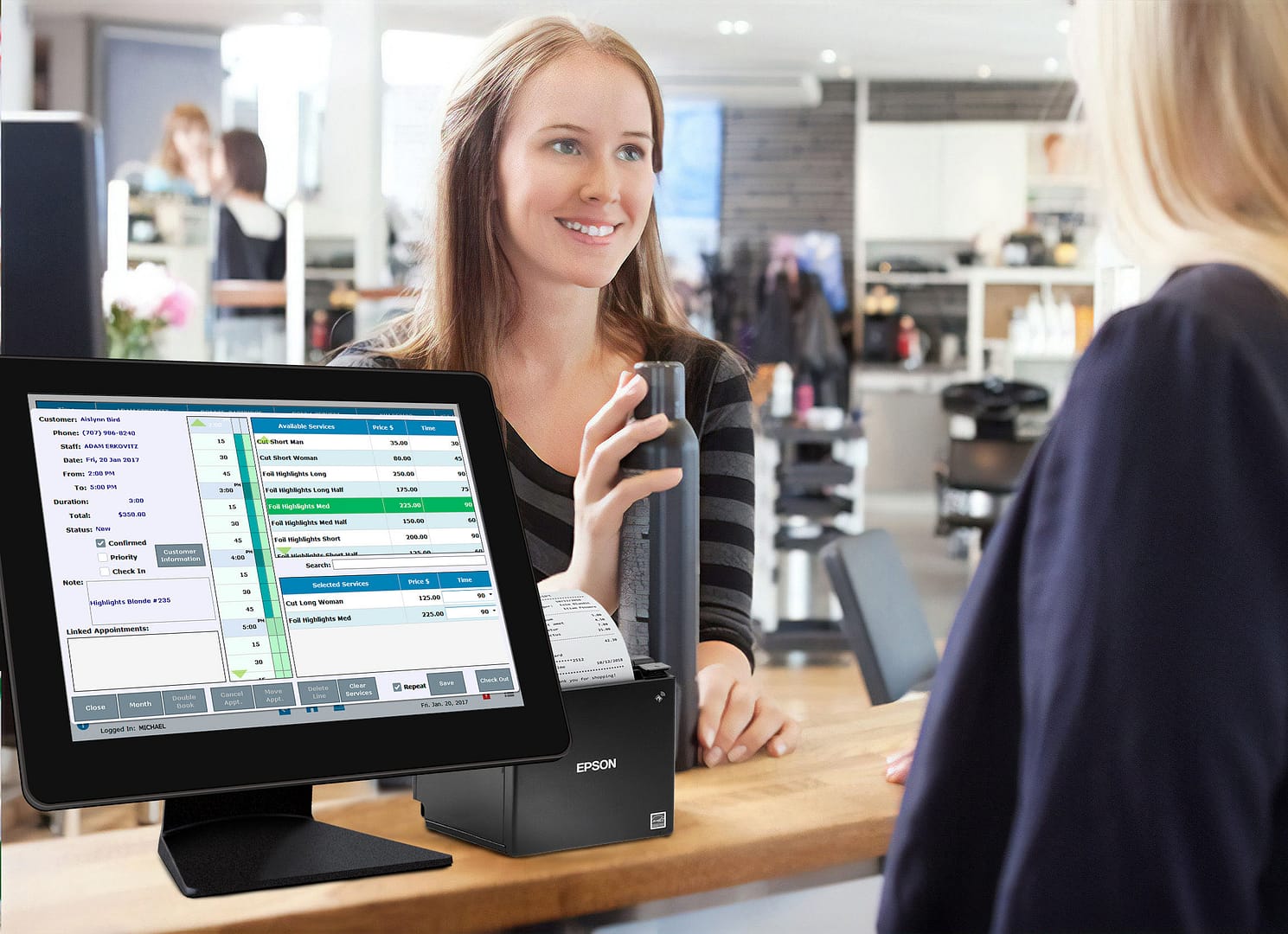The Most Common POS System Problems and How to Prevent Them
A point-of-sale (POS) system is a vital component of any retail or hospitality business. It allows you to process transactions, manage inventory, track sales, and generate reports. However, like any technology, a POS system can also encounter problems that can affect your business operations and customer satisfaction. In this blog post, we will discuss some of the most common POS system problems and how to prevent them.
Hardware Malfunctions
Hardware malfunctions are one of the most frustrating and costly POS system problems. They can include issues such as broken scanners, printers, cash drawers, or terminals. Hardware malfunctions can cause delays, errors, or even loss of data. To prevent hardware malfunctions, you should:
- Choose high-quality and durable hardware that is compatible with your POS software.
- Perform regular maintenance and cleaning of your hardware devices.
- Replace or repair any faulty or outdated hardware as soon as possible.
- Have backup hardware devices in case of emergencies.
Software Glitches
Software glitches are another common POS system problem that can affect your business performance. They can include issues such as bugs, crashes, freezes, or slow loading times. Software glitches can cause inaccurate data, security breaches, or customer dissatisfaction. To prevent software glitches, you should:
- Choose reliable and reputable POS software that meets your business needs and industry standards.
- Update your POS software regularly to fix any bugs or vulnerabilities.
- Test your POS software before using it in a live environment.
- Have backup software or cloud-based solutions in case of failures.
Network Issues
Network issues are a frequent POS system problem that can disrupt your business operations and communication. They can include issues such as poor connectivity, slow speed, or downtime. Network issues can cause loss of data, reduced functionality, or inability to process transactions. To prevent network issues, you should:
- Choose a fast and stable internet service provider that offers adequate bandwidth and coverage for your business location.
- Use wired or wireless network devices that are compatible with your POS system and internet service provider.
- Secure your network with encryption, firewalls, and passwords to prevent unauthorized access or attacks.
- Have backup network devices or offline modes in case of outages.
Data Loss
Data loss is a serious POS system problem that can damage your business’s reputation and profitability. It can include issues such as corrupted files, deleted records, or stolen information. Data loss can cause inaccurate reporting, legal liabilities, or customer complaints. To prevent data loss, you should:
- Back up your data regularly to an external device or cloud-based service.
- Use data encryption and password protection to safeguard your data from unauthorized access or theft.
- Use data recovery software or services in case of accidental or malicious data loss.
- Follow data retention and disposal policies to comply with legal and ethical standards.
Employee Errors
Employee errors are a human factor that can cause POS system problems. They can include issues such as incorrect entries, unauthorized actions, or fraudulent activities. Employee errors can cause financial losses, inventory discrepancies, or customer disputes. To prevent employee errors, you should:
- Train your employees on how to use your POS system properly and efficiently.
- Assign different roles and permissions to your employees based on their responsibilities and trustworthiness.
- Monitor your employees’ activities and transactions using your POS system’s audit trail or reporting features.
- Implement policies and procedures to prevent and detect employee errors or fraud.
Customer Complaints
Customer complaints are a negative outcome of POS system problems. They can include issues such as long wait times, incorrect charges, or poor service. Customer complaints can affect your customer loyalty, retention, and referrals. To prevent customer complaints, you should:
- Ensure that your POS system is fast, accurate, and user-friendly for both your employees and customers.
- Offer multiple payment options and methods for your customers’ convenience and preference.
- Provide receipts and invoices for your customers’ verification and record-keeping.
- Handle any customer complaints promptly and professionally using your POS system’s customer service features.
Conclusion
A POS system is a valuable tool for your business success. However, it can also encounter problems that can hinder your business performance and customer satisfaction. By following the tips above, you can prevent some of the most common POS system problems and ensure that your POS system runs smoothly and efficiently.
While there are many common POS problems that can easily be avoided, we know that with new technology comes new problems. That’s why we have a local, bilingual, technical support team ready to help with any problems you may face. Visit our website to learn more.









